SUMMARY
This is AI generated summarization, which may have errors. For context, always refer to the full article.
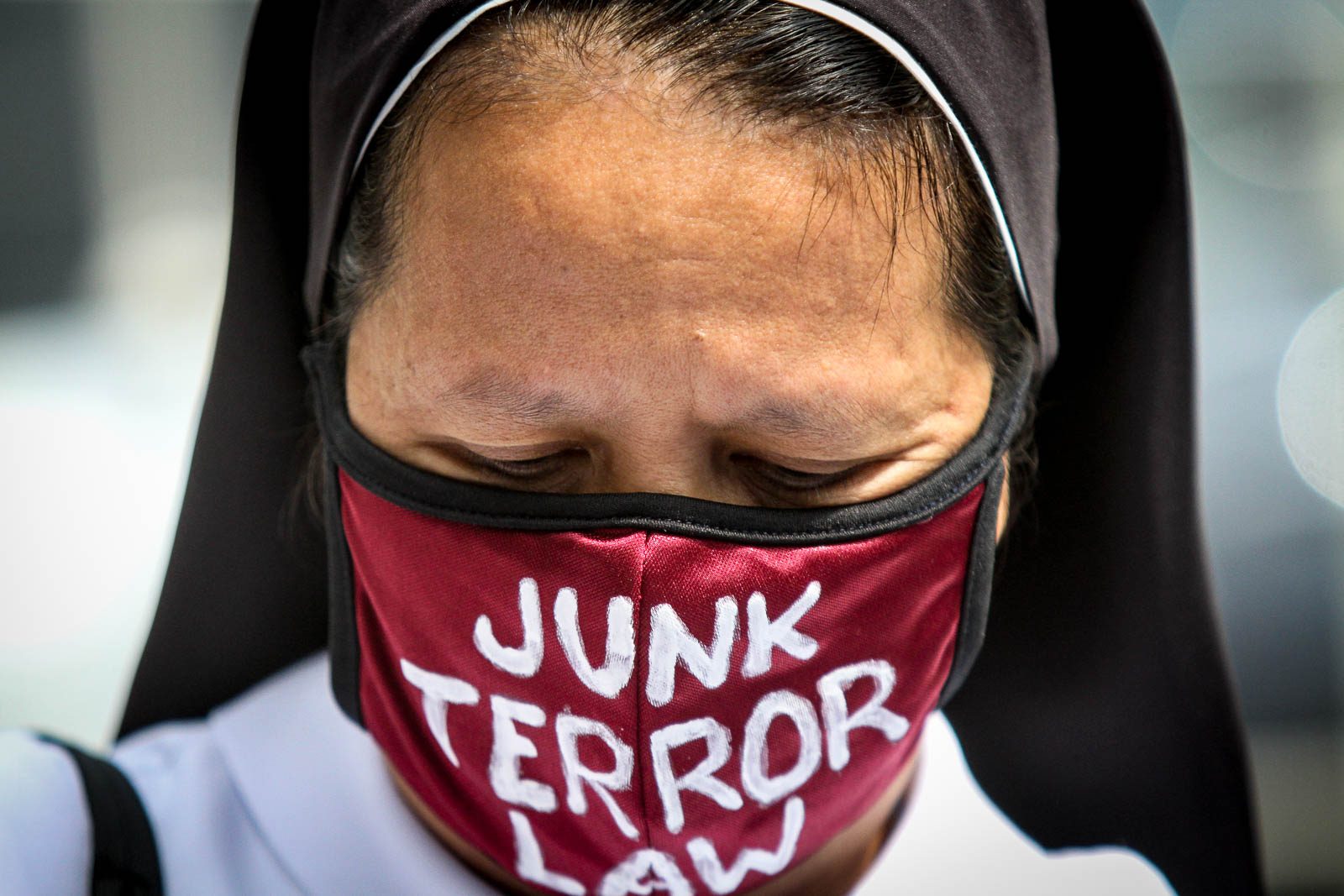
Church leaders, women’s rights advocates, and nongovernmental organizations filed 3 separate petitions before the Supreme Court (SC) on Friday, July 24, against the Philippines’ new Anti-Terror Law.
These petitions add to 16 others filed by critics such as former and incumbent senators, journalists, and two retired SC justices against the new measure.
Proponents of the law claim it can strengthen the Philippines’ fight against terrorism, as the country is one of the region’s hotbeds of violent extremists.
With a dysfunctional democracy, however, critics fear that the Duterte government might use the law to curb dissent, in the same way that other authoritarian regimes – from Brazil to Hungary to China – have clamped down on basic freedoms while the world is busy fighting the coronavirus.
The petitioners said in common that the SC should strike down the Anti-Terror Law because its definition of terrorism was vague, it violated freedom of speech, and it robbed suspects of due process.
The religious leaders, among them Bishop Broderick Pabillo of Manila, said the Anti-Terror Law reminded them of Hong Kong’s own security law, which analysts said China is using against dissenters. “This sounds eerily familiar to us, Filipinos, as we are in a similar situation,” the petitioners said.
In their own petition, the women’s rights group Gabriela said that if the SC fails to restrain the law, “one day, we might as well have countless ‘terrorists’ amongst us – not the real ones, though, but those who are red-tagged and ‘terrorized’ by the state for the work that they do in the service of the Filipino people.”
The Alternative Law Groups, a group of 18 NGOs, said that while provisions of the Anti-Terror Law do not explicitly prohibit speech, “the mere fact that the definitions are not clearly crafted bolsters the fear that the State will have an unbridled discretion in interpreting the said law and may cover legitimate exercise of free speech, press, assembly and association.”
The United Nations Human Rights Office had said, even before the law was signed, that it was “worrying.” The measure also drew concern from two American lawmakers, who urged Duterte to repeal it because it endangers democracy in the Philippines. – Rappler.com
Add a comment
How does this make you feel?
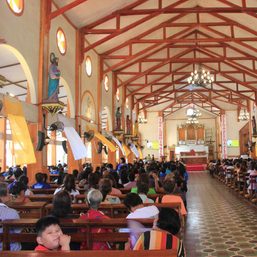
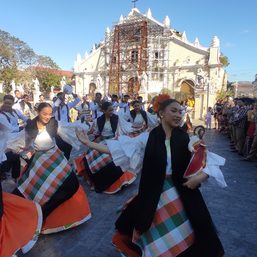
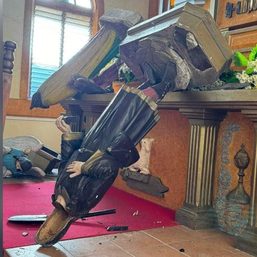
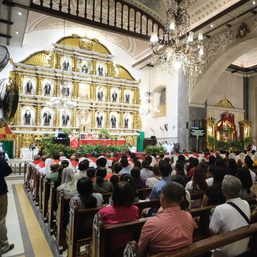






There are no comments yet. Add your comment to start the conversation.